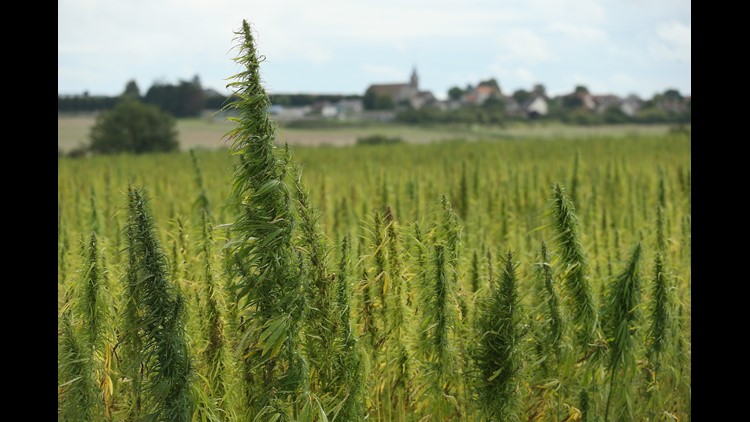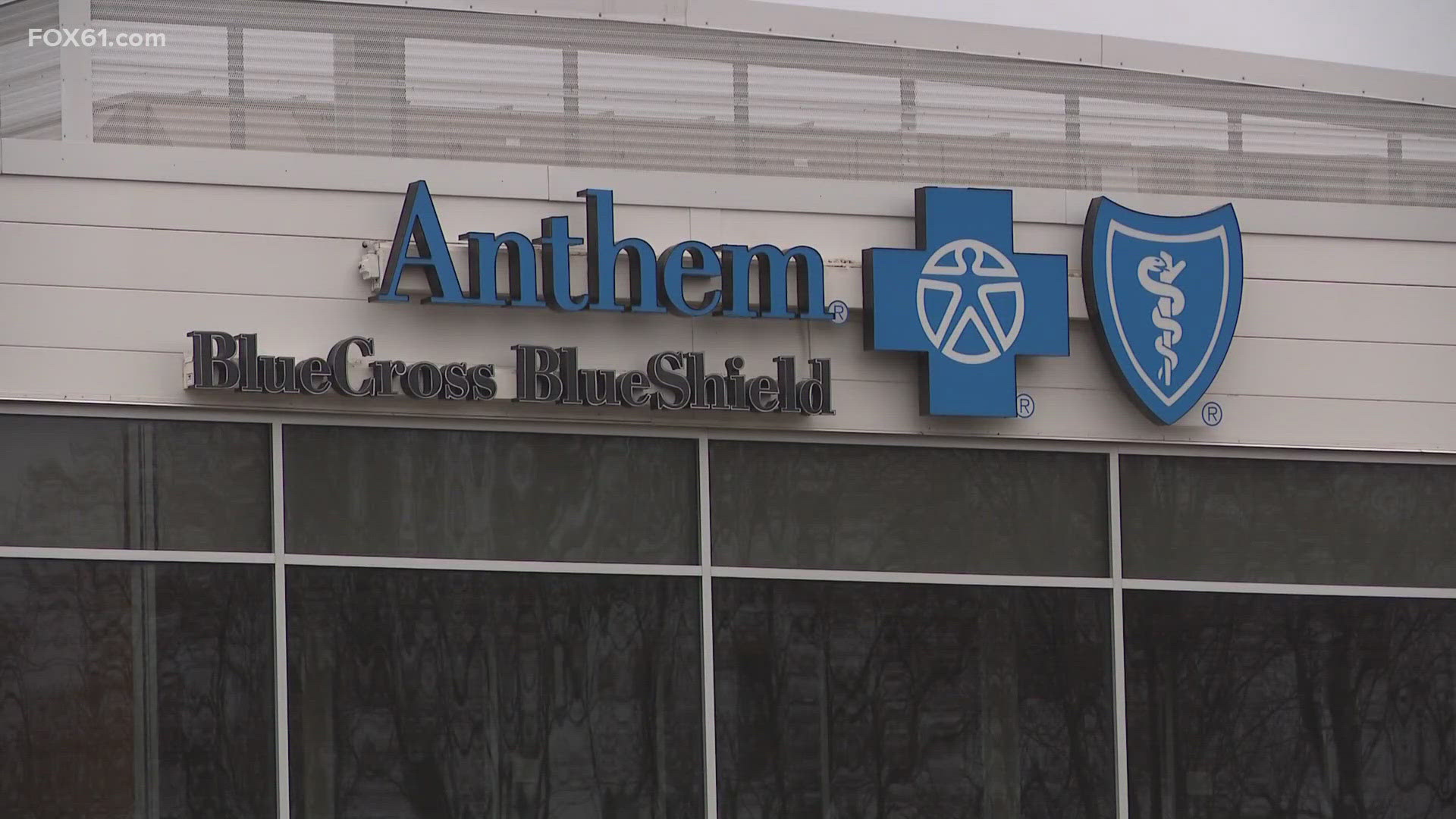SUFFIELD, Conn. — Today, Governor Ned Lamont will sign a bill on the state's hemp production plan.
This bill revises the state’s hemp program to comply with U.S. Department of Agriculture (USDA) regulations for hemp production. By law, the state Department of Agriculture (DOAG) commissioner must prepare a state hemp production plan and submit it to the USDA for approval.
Gov. Lamont announced in September 2019 that the state had licensed 82 hemp growers, 2 processors, and 21 manufacturers under a new pilot program he signed into law that June. The law allowed for the cultivation, harvesting, processing, and manufacturing of hemp plants and by-products in the state. As of that time, there were 294 acres of land being used to grow hemp in Connecticut.
The pilot program requires the state DOAG to study the growth, cultivation, and marketing of industrial hemp by licensed entities in Connecticut. In accordance with federal law, the state agency is responsible for ensuring that the production is only taking place at sites certified by, and registered with, the state.
The Agriculture Improvement Act of 2018 (2018 Farm Bill) authorized the production of hemp and removed hemp and hemp seeds from the Drug Enforcement Administration’s (DEA) schedule of Controlled Substances. It also directed the U.S. Department of Agriculture (USDA) to issue regulations and guidance to implement a program to create a consistent regulatory framework around the production of hemp throughout the United States. The establishment of hemp as a regulated commodity also helps U.S. hemp farmers to participate in other USDA farm programs.



